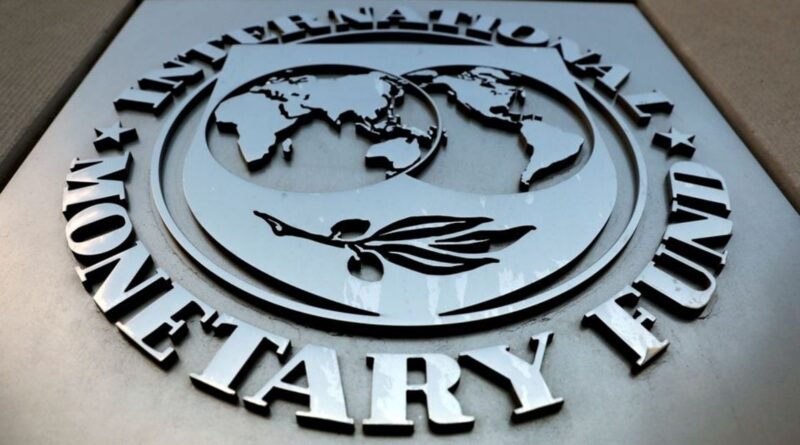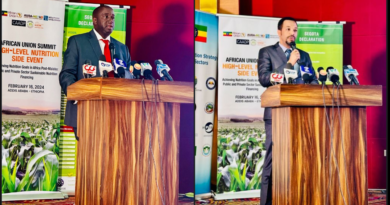Global Community Urged to Act on Liquidity Challenges Facing Low-Income Countries
As debt service burdens intensify, low-income countries are facing severe liquidity challenges that threaten their economic stability and growth. With debt service payments having more than doubled over the past decade, urgent international action is needed to create fiscal space and alleviate financial pressures, according to a recent statement by Ceyla Pazarbasioglu and Pablo Saavedra.
The economic fallout from the pandemic, ongoing global conflicts, and a sharp increase in global interest rates have hit low-income countries particularly hard. The median low-income country is now spending approximately 14% of its revenue on debt service to foreign creditors, compared to 6% a decade ago.
Debt redemptions are also on the rise, with low-income countries facing nearly $60 billion in payments, almost triple the annual average from 2010 to 2020.
Despite improvements in creditor processes through initiatives by creditor committees, the Global Sovereign Debt Roundtable, the Group of Twenty, and the Paris Club, further measures are needed to streamline and expedite sovereign debt restructuring.
Failure to address these liquidity pressures could lead to solvency problems, stifling growth and employment, and exacerbating poverty.
To mitigate these challenges, the International Monetary Fund (IMF) and World Bank propose a three-pillar approach:
- Domestic Resource Mobilization: The IMF and World Bank’s Domestic Resource Mobilization Initiative will provide policy advice and capacity development assistance. This includes reforms to boost economic growth and job creation, strengthen governance, tackle corruption, improve public spending effectiveness, and increase government revenues.
- International Support: Financial support from bilateral and multilateral development partners is essential. This includes lower-cost financing and grants to help countries facing refinancing pressures. The IMF and World Bank stress the importance of the successful completion of the 21st replenishment of the World Bank’s International Development Association and the IMF’s Poverty Reduction and Growth Trust review in 2024.
- Reducing Debt Servicing Burdens: New mechanisms are needed to support countries managing high debt servicing levels. This includes mobilizing new financing at affordable terms, liability management operations, and debt-for-development swaps and buybacks.
These proposals will be refined before the IMF-World Bank Annual Meetings in October. The goal is to ease liquidity challenges, promote cooperative solutions, and create conditions for lasting growth and resilience.



